Brooks Macdonald Market Overview - July 2021
Overview
Global equities rose over the first few months of 2021 as the roll-out of COVID-19 vaccinations gathered pace, bolstered by optimism over Biden’s infrastructure spending plan as well as the $1.9bn fiscal stimulus earlier in the year. This was further underpinned by the continued support from central banks, although markets remain sensitive to any signs of inflation creeping into the outlook and the possible tapering of this support. These inflation fears have, to date, driven a sharp rise in sovereign bond yields since January which, in turn, have helped drive outperformance from the more cyclical areas of the market. This rise has not come without risks however, with varying degrees of success in vaccine rollouts and signs of a resurgence in Covid cases across the world. New variants of the virus, most recently the Delta variant, have also raised the bar for a reopening as fears over importing a more contagious or resilient vaccine threaten the successful reopening of economies.
UK stocks strengthened over the second quarter as improvements in corporate earnings guidance and a large upgrade to the Bank of England’s GDP growth projection boosted sentiment and outweighed worries about rising inflation. Alongside a reduced Brexit/political risk discount, the government’s vaccine success and its roadmap out of lockdown has encouraged a more optimistic view for those cyclical and value sectors that were so deeply out of favour during the pandemic.
Taking a look at the US economy, despite the latest CPI readings coming in comfortably above market expectations, the Fed has been extremely cautious about the possibility of bringing tighter monetary policy forward, with low-to-zero interest rates seemingly here to stay in the near term. This wasn’t enough to dampen some short term volatility in markets over recent months however, particularly in some of the ‘Covid winner’ and technology names, although the Fed were quick to reiterate their view that higher inflation readings over the next few months are most likely transitory. This matters as it helps to maintain the continued supportive backdrop for risk assets, in particular longer-duration equity themes which are especially sensitive to future discount rate assumptions.
Outlook
This year is still expected to be one of transition: a transition from a state of central bank and government support provided during the pandemic, to a state of policy response suited to the new economic ‘normal’ afterwards. However, the move between these two states is unlikely to be smooth, predictable or uninterrupted. Indeed, the risks of unintended policy errors from either a central bank or government misstep remains a key risk for investors to navigate.
As the year to date has shown us, the question of inflation and, with it, the outlook for interest rates and central bank accommodation remain pivotal to the ongoing supportive backdrop for risk assets. Overall, our view remains that 2021 is a year of transition, requiring a balance between cyclical/value and growth/defensive sectors but also that the current interest rate backdrop warrants a preference to equities versus bonds on relative valuation grounds.
This article does not constitute advice, should you require advice or further information please contact your usual consultant. Alternatively, you can contact us via telephone on 02476 388 911 or by email to advice@integritywealth.co.uk. We are available Mon - Thursday 9am - 5pm and Friday 8:30am - 4:30 pm.
The value of an investment and the income from it could go down as well as up. The return at the end of the investment period is not guaranteed and you may get back less than you originally invested.
Past performance is not a reliable indicator of future returns.

